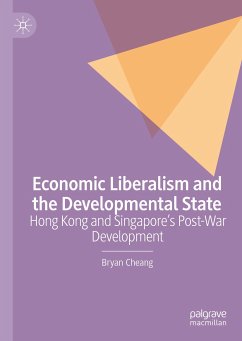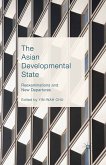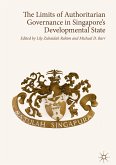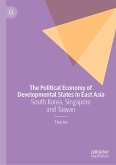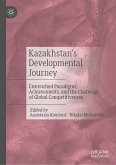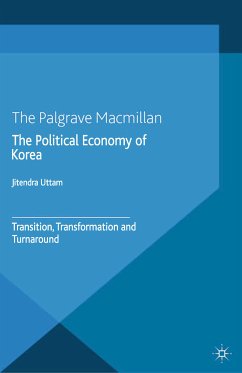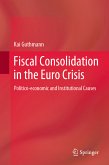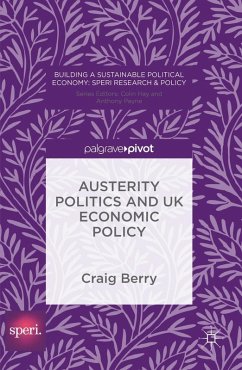"Singapore and Hong Kong are often used as examples of successful government economic development policies. Bryan Cheang offers a comparative analysis of both countries to show that the case for a state-led development model has been overstated. Creative and entrepreneurial activities generate long-term economic development, and Cheang shows how government policies have often stood in the way of economic development. This book is highly recommended for those interested in Singapore & Hong Kong, as well as implications on East Asia and the role of the state in development".
- Randall Holcombe, DeVoe Moore Professor of Economics, Florida State University, USA.
- Randall Holcombe, DeVoe Moore Professor of Economics, Florida State University, USA.
This book provides a fresh perspective on the debate over the role of the state in East Asia's development history. Comparing the post-war development policies of Singapore and Hong Kong, it argues that their strong economic performances preceded and persisteddespite, not because of, developmental state policies. While both nations are not pure free markets, the Hong Kong economy comes closer to that ideal and exhibited clear advantages over state-driven Singapore, in terms of greater levels of indigenous entrepreneurship, productivity and innovation. The book highlights the complex ways in which states penetrate markets, which are often neglected in liberal accounts of Hong Kong and Singapore as 'free-market success stories'. At the same time, it also stands as a cautionary tale on the use of non-comprehensive development planning in the twenty-first century, where an unprecedented degree of complexity complicates economic policy and industrial upgrading. The book renews the case for economic liberalism in development policy through a unique Asian cultural lens.
Bryan Cheang is Assistant Director of the Center for the Study of Governance and Society, King's College London, UK. His research interestsare in the political economy of development and applied economic policy, with a specific focus on the institutional arrangements of the entrepreneurial state and the efficacy of industrial policy interventions.
Dieser Download kann aus rechtlichen Gründen nur mit Rechnungsadresse in A, B, BG, CY, CZ, D, DK, EW, E, FIN, F, GR, HR, H, IRL, I, LT, L, LR, M, NL, PL, P, R, S, SLO, SK ausgeliefert werden.
Es gelten unsere Allgemeinen Geschäftsbedingungen: www.buecher.de/agb
Impressum
www.buecher.de ist ein Internetauftritt der buecher.de internetstores GmbH
Geschäftsführung: Monica Sawhney | Roland Kölbl | Günter Hilger
Sitz der Gesellschaft: Batheyer Straße 115 - 117, 58099 Hagen
Postanschrift: Bürgermeister-Wegele-Str. 12, 86167 Augsburg
Amtsgericht Hagen HRB 13257
Steuernummer: 321/5800/1497
USt-IdNr: DE450055826
Bitte wählen Sie Ihr Anliegen aus.
Rechnungen
Retourenschein anfordern
Bestellstatus
Storno

